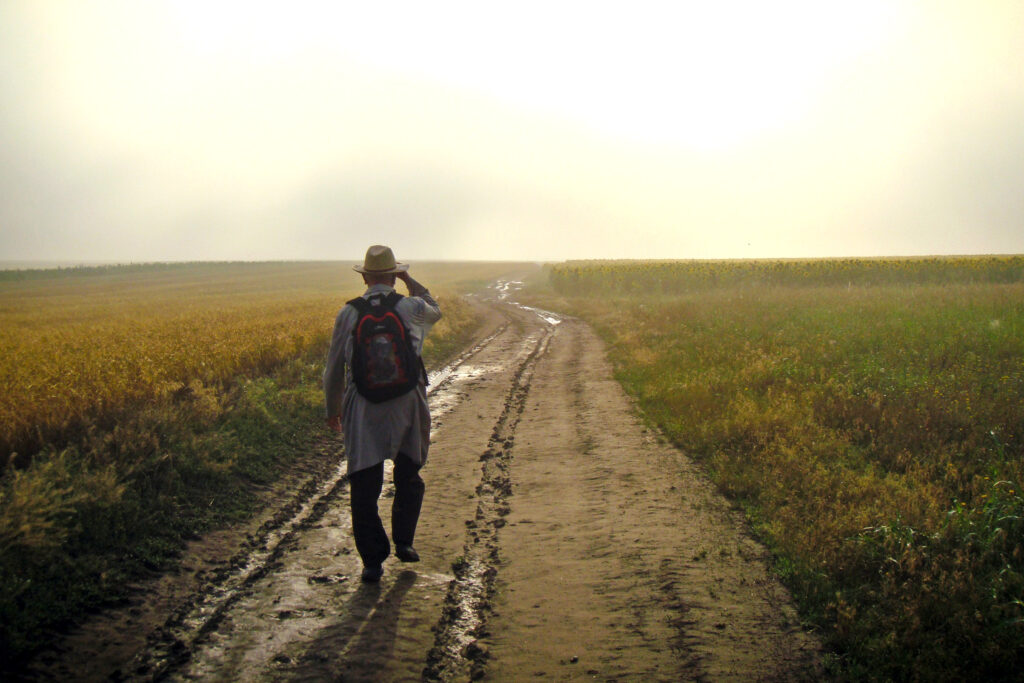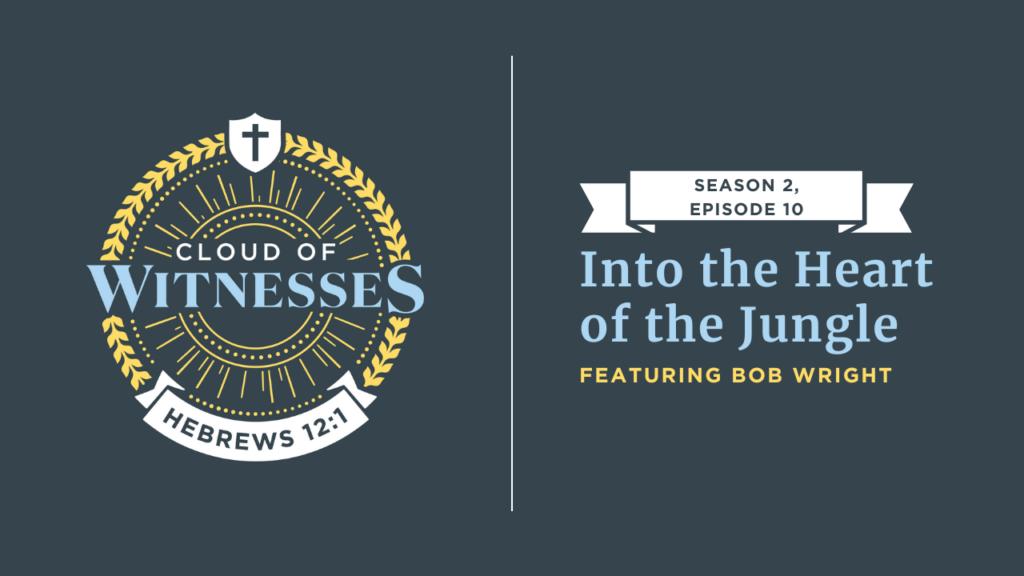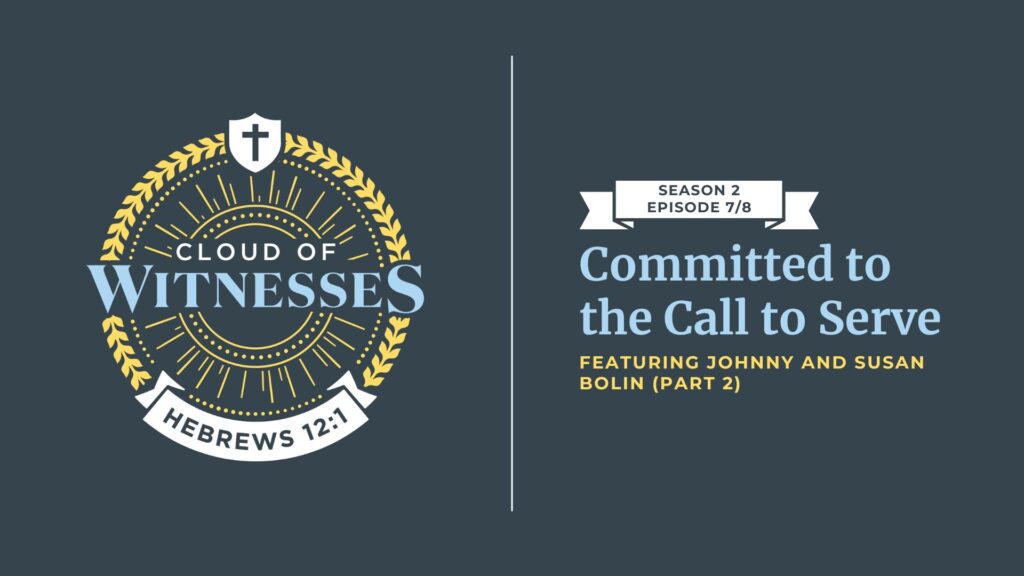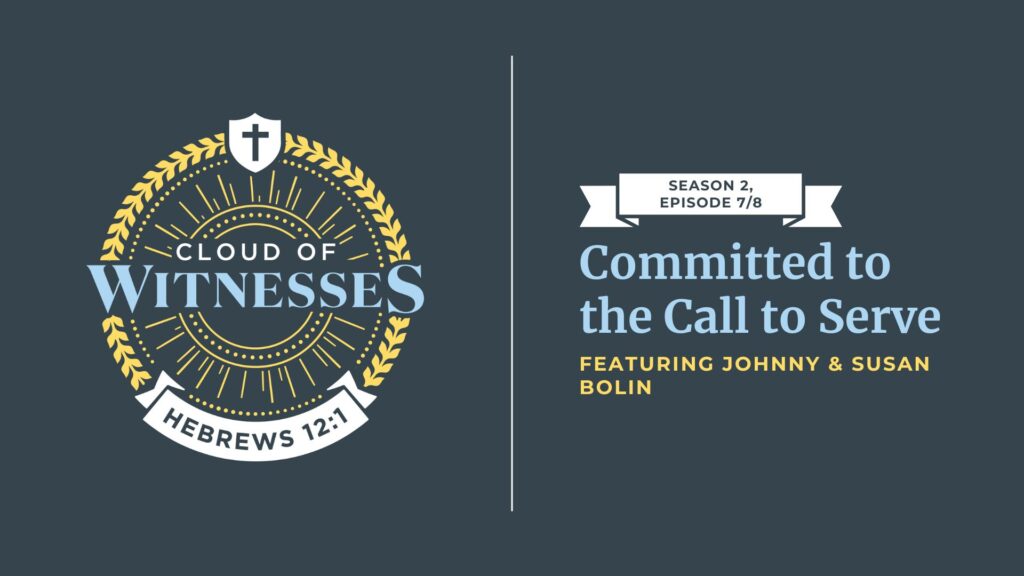But rather than passively moaning about transition, hoping it will get easier at some point in life, we can take action: we can learn to deal with transition in a healthy way. As I reflect on the transitions I’ve experienced as an adult who grew up on the mission field, I’d like to share some helpful thoughts about correctly handling transition.
When Transitions Cause Uneasiness, We Can Trust God’s Power
The unknown can be daunting. When I come face-to-face with transitions, I often find myself trying to picture what will happen in the future when the future is not mine to see. It then becomes easy to focus on the unknowns of transition and succumb to the lurking feelings of uncertainty and unease.
Transitions are not foreign to me. I grew up as an American missionary kid in Brazil and am now preparing to enter full-time ministry myself in Colombia. During one point of upheaval in my life, I found inspiration in a familiar character: the hobbit Bilbo Baggins, the protagonist in J.R.R. Tolkien’s “The Hobbit.” In the story, the great wizard Gandalf arrives at Bilbo’s house, selecting him as an unlikely member of a band of 14 setting off on an epic journey to defeat a dragon and regain the treasure of Lonely Mountain. When faced with the prospect of adventure, Bilbo hesitates. He is filled with insecurity and dreads the prospect of leaving the comforts of home. Yet, in an act of bravery, he consents to the dangerous journey, eventually facing the dragon himself. As I reflect on my own transitions in life, I can relate to Bilbo’s initial feelings of insecurity. But like Bilbo, I can’t allow my uneasiness to dictate my decisions.
I don’t think the feeling of uneasiness is inherently bad. It can become bad if I let it cripple me, rather than acknowledging my uncertainty and choosing to turn to the God I know is unchanging. One of the issues we have as humans is that we like to exaggerate. I am reminded of the spies in Joshua 2 who were sent to scope out the promised land, which the Israelites were on the brink of possessing. But rather than returning with confidence that God would enable them to take the land, the spies reported that the land was filled with giants who could not be conquered. They allowed their feelings of uneasiness to take hold of them.
In the same way, we can become afraid of what we can’t see. We can rely on ourselves to the extent that we lose confidence that God can work even through this. We forget the reality of who God is and what he is able to do. When God leads us into transition, we may feel uneasy, but we must choose to lean on God and his divine power to strengthen us, trusting that he has what is best in store for us.
Questions About the Future Can Be Healthy if They Lead Us to God
Here’s something I think we get wrong sometimes: not everything we consider a bad thing is actually a bad thing. I don’t mean to say that sin is ever not sinful. Rather, hardships in life, as difficult as they may be, can result in our good as we rest in the hands of a sovereign God. If an injury results in greater strength, it is good. If an illness produces godly character within me, or if it magnifies Christ to others, it is good.
The same can apply to doubt and questions about the future. Not all doubt is bad. Doubt has traditionally gained a bad reputation in the church, but I suggest that some forms can be positive. Doubt can be an effective way of processing through what we really believe. This is especially important during times of transition when we may question how God is leading us. Rather than letting our doubt lead us away from God, we can wrestle with our questions in his presence, bringing our concerns directly to him. Like the man in Mark 9:24, we can cry out to him, “I believe; help my unbelief!”
Life Transitions Are an Opportunity to Trust God as He Directs Our Lives
I have been humbled more than a few times by having little faith in a big God, and it showed in my life. I am someone who often ignores transitions until the last minute, thinking they seem surreal or far off until they suddenly hit me. I start to worry about what I can’t see, knowing that I have to take the first step and continue taking steps into the next stage of my journey. I have learned that life transitions are an opportunity to trust God’s words in Psalm 37:23: “The steps of a man are established by the Lord, when he delights in his way.”
God often calls us to live in discomfort so that we will be reminded that we have always been, and will always be, dependent on him. Our uneasiness in transitions can drive us to increase our trust in him and in the knowledge that his will is being accomplished.
I know this is easier said than done. Surprise—I am not perfect! I am writing this partially so that I can be held accountable, and to encourage you to find accountability as you walk through your own life changes. As we face transition, we must rely on God, but we also need each other.
I am reminded once more of Bilbo’s words at the end of his adventure in “The Hobbit”:
The Road goes ever on and on
Down from the door where it began.
Now far ahead the Road has gone,
And I must follow, if I can,
Pursuing it with eager feet,
Until it joins some larger way
Where many paths and errands meet.
And whither then? I cannot say.
Let us journey with “eager feet” the path God has laid out for us, no matter what twists and turns it might hold. Let’s face transitions trusting in God’s sovereign plan for our lives. And let us seek to honor and glorify Christ as we navigate our feelings of uncertainty, so that, through these experiences, we can look more and more like Christ until we meet him face to face.





